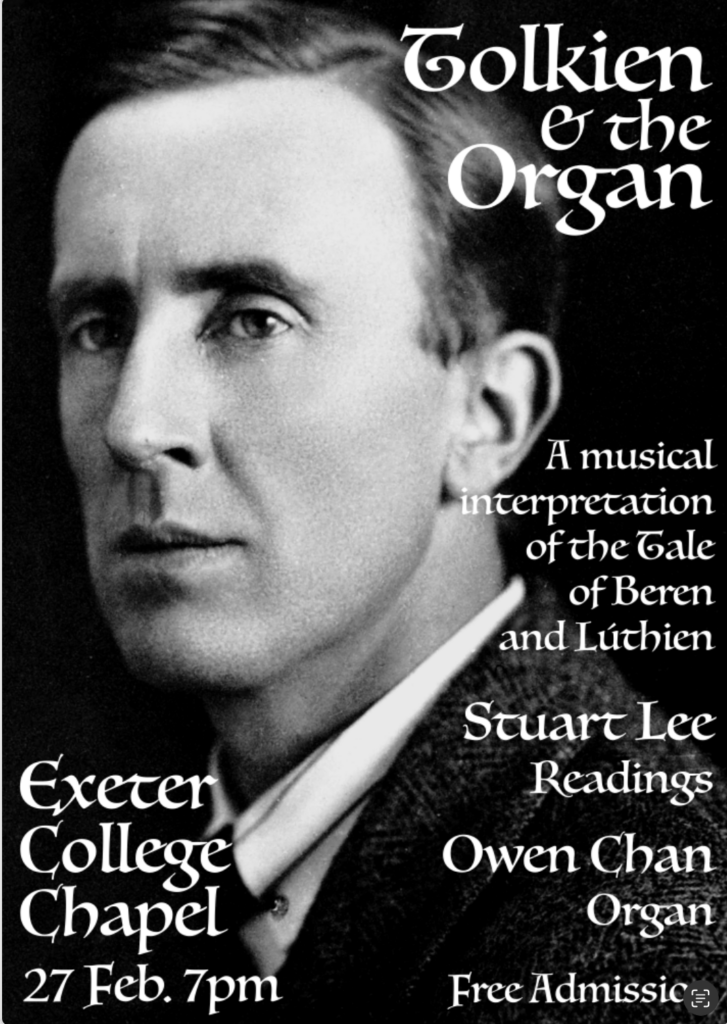The Centre for Manuscript and Text Cultures’ Hilary Term ‘Work-in-Progress’ colloquium – Tuesday 18th February (5.15-6.45pm, the Memorial Room at Queen’s)
The CMTC is delighted to be hosting the following speakers:
Dr Riccardo Montalto (Università degli Studi di Napoli Federico II): From manuscripts to history: The reconstruction of the Greek manuscript library of Achilles Statius (1524-1581)
Achilles Statius was a Portuguese humanist active in Rome in the second half of the sixteenth century. Committed to editorial and propaganda activities and, in particular, in the edition of the texts of the Fathers of the Greek Church, Statius set up one of the largest private libraries in Renaissance Rome, peculiar for its size and intellectual value. Starting from the material data detectable from the manuscripts, compared with the data available from different sources – primarily historical, archival and library science – the research aims to reconstruct a part of Achilles Statius’s library and to identify some methods and working practices of the late Renaissance humanists.
Holly Dempster-Edwards (University of Liverpool): Emotions, Gender and Crusading in Fifteenth-Century Burgundian Prose Epics and Chronicles
This paper will give an overview of my PhD thesis, which examines the social function of emotions at the fifteenth-century court of Duke Philip the Good of Burgundy (r. 1419-1467). My methodology is based on that of the historian Barbara Rosenwein, whose concept of ‘emotional communities’ has been highly influential within Medieval Studies. My study is based on emotion words in three Burgundian mises en prose Les Croniques et Conquestes de Charlemaine by David Aubert, La Belle Hélène de Constantinople by Jehan Wauquelin, and Mabrien (attrib. Aubert). I have built on Rosenwein’s framework by employing quantitative analysis of the gendered and ‘racial-religious’ distribution of emotions within each text, alongside qualitative textual analysis and examination of text-image relations. This paper demonstrates how emotions have a social function within this specific emotional community of Burgundian knights and would-be crusaders in response to the Fall of Constantinople in 1453, and how these texts function as literary propaganda which presents itself as didactic; in so doing they attempt to achieve their more subtle aim of maintaining emotion norms within the context of Burgundian chivalric masculinity, hoping to persuade Philip’s courtiers to go on crusade with him in response to the defeat of Constantinople by the Ottoman Turks.
From the archive
Tuesday the 13th of February 2024, 5.15–6.45pm UK time Centre for Manuscript and Text Cultures
Memorial Room, The Queen’s College
1. A. D’Angelo (Rome ‘Sapienza’), ‘Catullan marginalia in the 16th century: the books of Piero Vettori’.
The Bayerische Staatsbibliothek in Munich preserves three printed editions of Catullus’ Liber with marginal notes by Piero Vettori (1499-1585). This important scholar edited dozens of Classical authors, but never published anything on Catullus: thus, these books are the main extant evidence of his work on this poet. The notes contain variant readings, original conjectures and loci similes, and they offer new insights on Vettori’s philological method and his library. Through these marginalia, I will try to point out Vettori’s main interests in Catullus’ poetry and the sources he used for his Catullan studies.
2. Marlene Schilling (Oxford), ‘A special form of devotion – personifications of time in late medieval prayer books from Northern Germany’.
Addressing liturgical holidays, for example welcoming Mr Easterday, is a particular characteristic of late medieval vernacular prayer-books from North German female convents. They highlight a distinct form of poetics, because describing and interacting with specific points in time – personifying them – allows an intercommunication with the divine that conveys a certain form of agency to the speaker. In this paper, we explore the particular type of prayer-books these personifications are found in, talk about their material indicators within the text, and think about the special role of the prayer-books from the Cistercian convent Medingen within this distinct manuscript landscape.











